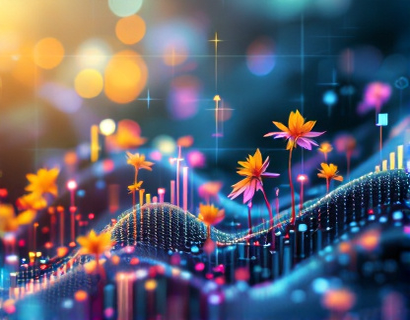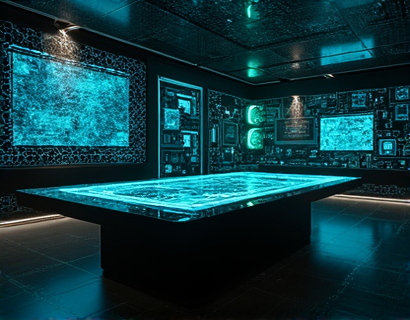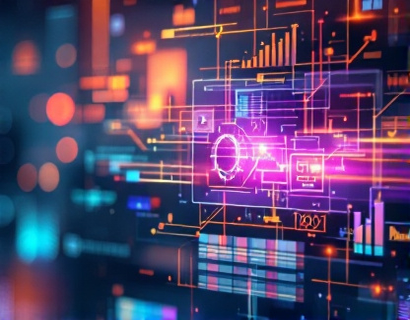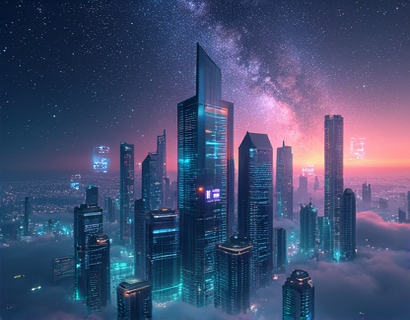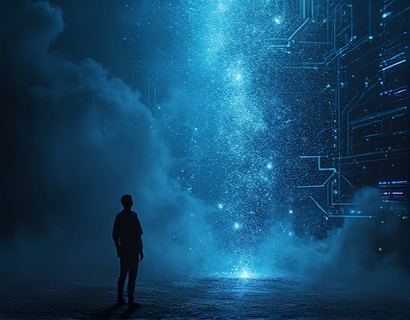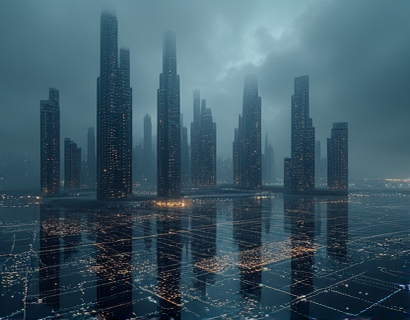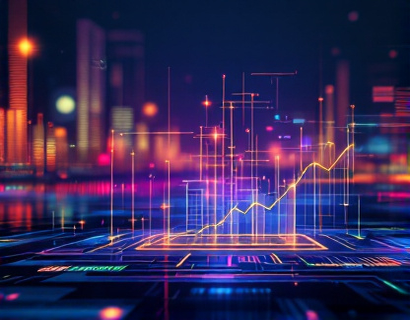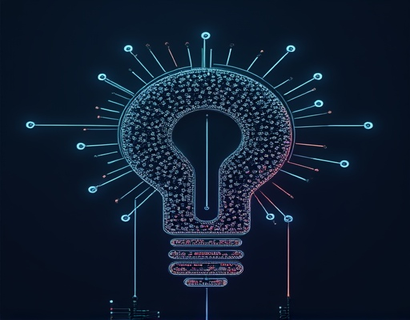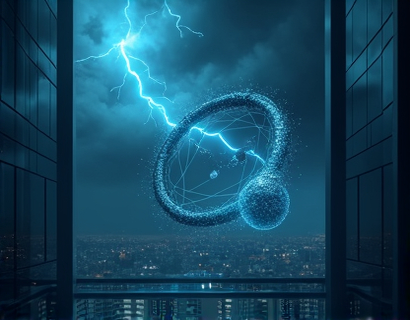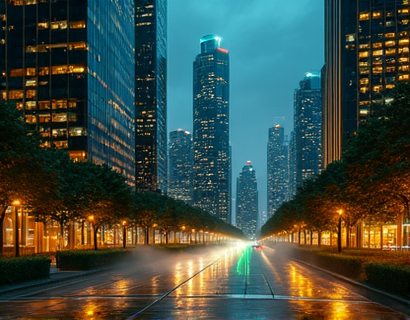Unlocking Musical Mastery: Harnessing AI for Advanced Composition and Production
The landscape of music creation is undergoing a transformative shift, driven by the integration of artificial intelligence (AI) into composition and production tools. This evolution is not merely an enhancement but a revolution, offering unprecedented opportunities for musicians, composers, and producers to push the boundaries of creativity and sound quality. The advent of advanced AI tools has democratized music production, making it accessible to both seasoned professionals and emerging creators. This article delves into the ways AI is reshaping the music industry, providing insights into the innovative software that empowers artists to transform their musical ideas into reality with ease and precision.
The Role of AI in Music Composition
AI in music composition is not just about automating repetitive tasks; it's about augmenting human creativity. These tools analyze vast datasets of musical compositions, learning patterns, structures, and styles to generate new musical ideas. For instance, AI can suggest chord progressions, melodies, and even entire sections of a piece based on the input provided by the user. This capability allows composers to explore new musical territories, breaking away from conventional norms and discovering unique sounds. The synergy between human intuition and AI's analytical prowess results in a more enriched creative process.
Enhancing Creativity with AI-Assisted Tools
The intuitive interfaces of AI music creation software are designed to inspire and elevate artistic vision. These tools offer features such as real-time collaboration, where multiple users can contribute to a project simultaneously, regardless of their physical location. The software can also generate variations of a composition, enabling artists to experiment with different arrangements and styles without the tedium of manual adjustments. This not only accelerates the creative process but also fosters a more dynamic and iterative approach to music making. Artists can focus more on the artistic aspects, knowing that the technical challenges are handled efficiently by the AI.
Streamlining Production with AI
Beyond composition, AI is revolutionizing the production phase of music creation. Advanced algorithms can simulate high-quality instruments, apply sophisticated effects, and even mix and master tracks with professional-grade results. This capability is particularly beneficial for independent artists who may not have access to expensive studio equipment or expert engineers. AI-driven production tools can analyze the nuances of a performance, adjusting levels, EQ, and compression to achieve a polished sound. This democratization of high-quality production tools levels the playing field, allowing more voices to be heard in the music industry.
Personalization and Customization
One of the most significant advantages of AI in music creation is its ability to adapt to individual styles and preferences. Users can input their unique musical tastes, and the AI will generate content that aligns with their artistic vision. This personalization extends to the production process as well, where AI can tailor the sound to match the desired genre or mood. For example, a user working on a ambient electronic track can specify the desired atmospheric elements, and the AI will craft a soundscape that meets these criteria. This level of customization ensures that the final product is not only technically sound but also emotionally resonant.
Collaboration and Community
The integration of AI in music creation has also fostered a sense of community among musicians and creators. Online platforms and applications enable users to share their projects, collaborate on tracks, and receive feedback in real-time. This collaborative environment accelerates learning and innovation, as artists can learn from each other's experiences and techniques. AI tools often include features that facilitate this community interaction, such as shared libraries of AI-generated content and collaborative workspaces. This interconnectedness not only enhances the creative process but also builds a supportive network for artists at all stages of their careers.
Overcoming Creative Blocks
Creative blocks are a common challenge faced by musicians and composers. AI tools can serve as a valuable ally in overcoming these obstacles. When an artist is stuck, AI can provide fresh ideas and inspiration, breaking through the mental barriers that hinder progress. For instance, if a composer is struggling to find the right melody, an AI tool can generate multiple options based on the existing material, offering new perspectives and directions. This constant flow of ideas keeps the creative juices flowing, ensuring that the artistic process remains dynamic and engaging.
Enhancing Sound Quality
The quality of sound is a critical aspect of music production, and AI has significantly improved this area. Advanced algorithms can analyze and optimize audio files, removing noise, correcting pitch, and enhancing overall clarity. AI-driven mastering tools can apply professional-grade processing to tracks, ensuring they sound their best across various playback systems. This is particularly beneficial for artists who may not have the expertise or resources to achieve high-quality sound through traditional means. The result is a more polished and professional final product that resonates with listeners.
Future-Proofing Music Creation
As technology continues to evolve, the integration of AI in music creation will only become more sophisticated. The future holds the promise of even more intuitive tools, deeper integration with other creative software, and enhanced collaboration features. AI will likely play a pivotal role in the development of new musical genres and styles, as artists experiment with the limitless possibilities offered by these advanced tools. The music industry is poised for a new era of innovation, where AI serves as a powerful ally in the pursuit of artistic excellence.
Conclusion
The convergence of AI and music creation represents a paradigm shift in how music is composed and produced. By harnessing the power of AI, artists can unlock new creative potentials, streamline their workflow, and achieve professional-grade results with ease. Whether you are a seasoned professional or just starting your musical journey, these advanced tools offer a wealth of opportunities to elevate your craft. Embracing AI in music creation is not just about staying current; it's about embracing the future and unlocking your full artistic potential.





